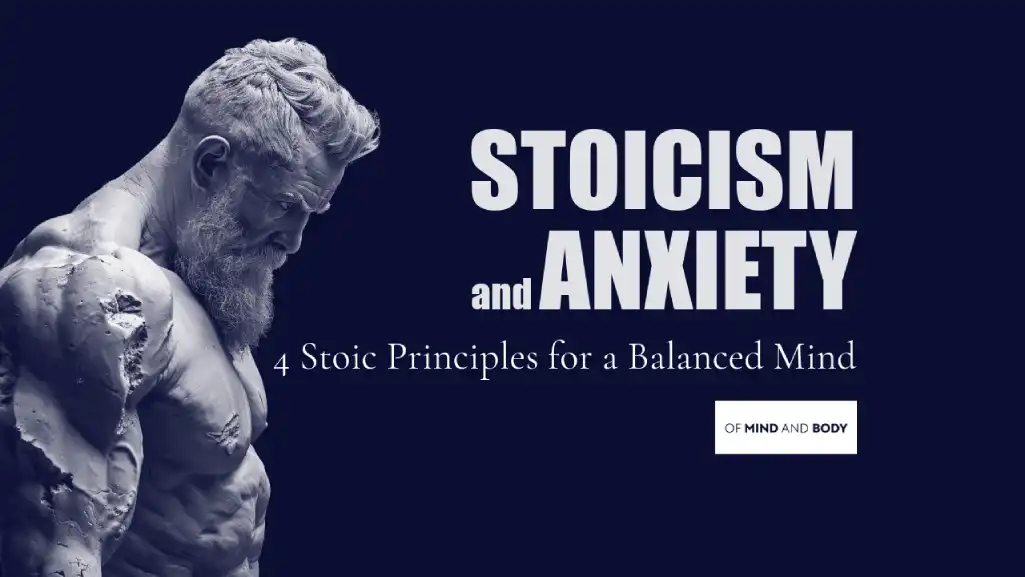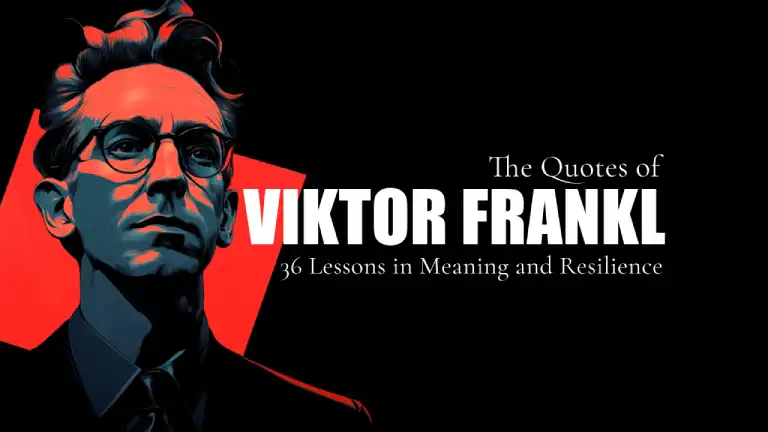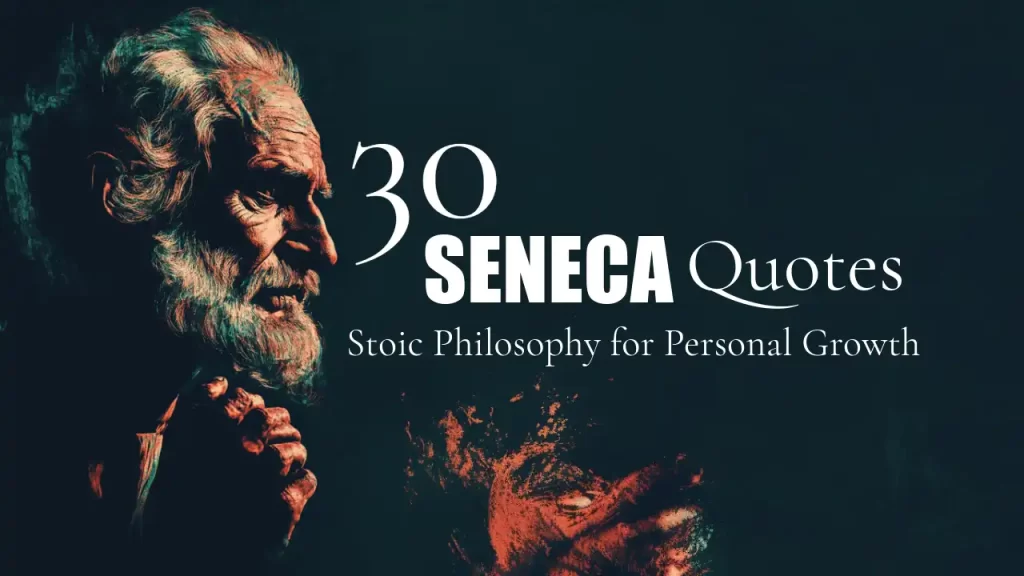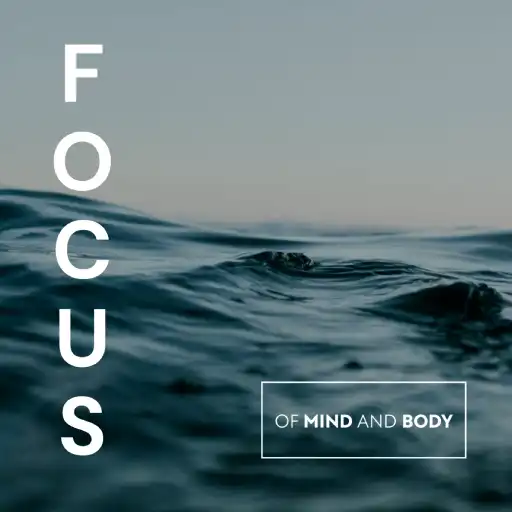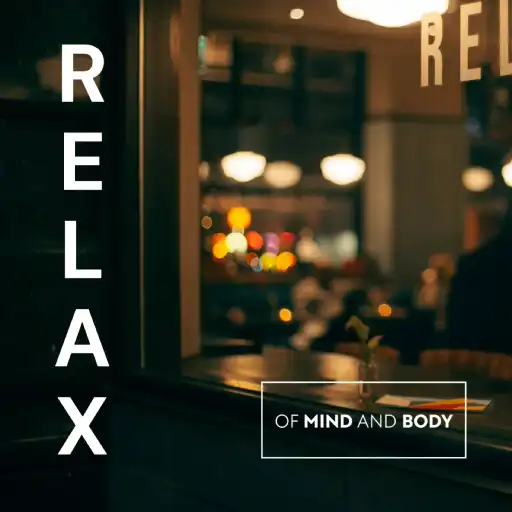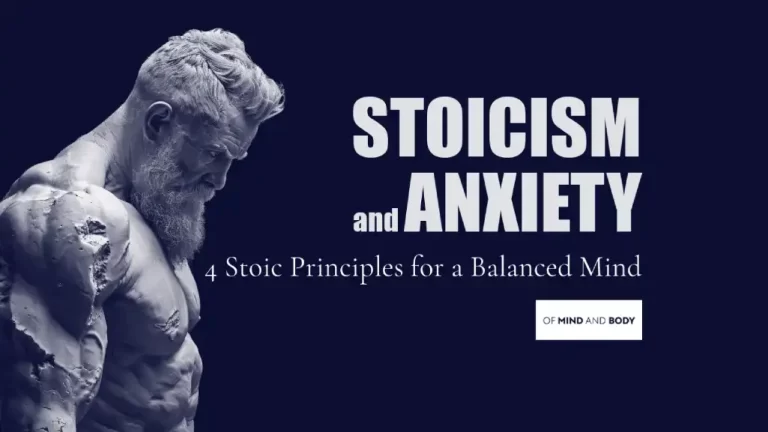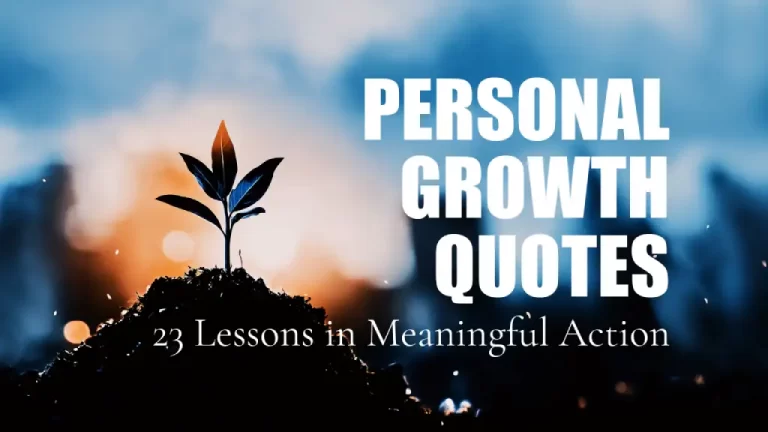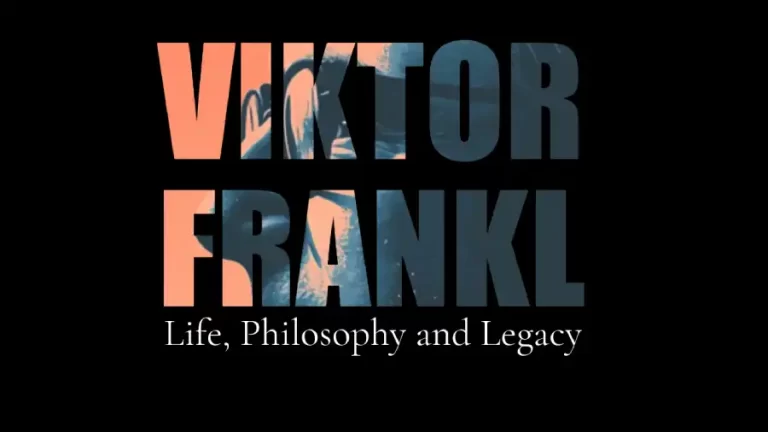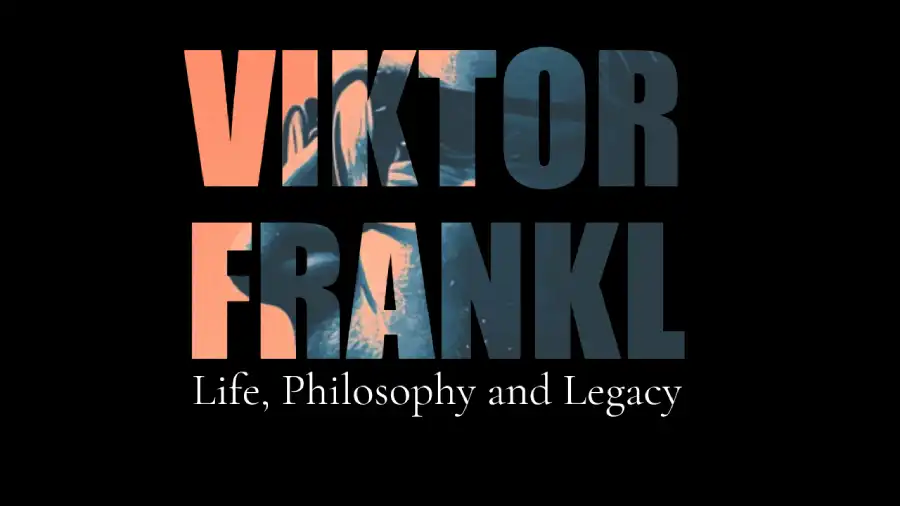
Viktor Frankl was an Austrian neurologist, psychiatrist, and Holocaust survivor whose groundbreaking ideas on finding meaning in life have had a profound impact on psychology, philosophy, and self-help literature. Best known for his concept of Logotherapy, Frankl’s work centred around the belief that even in the most challenging circumstances, individuals can find purpose and meaning. His experiences in Nazi concentration camps shaped much of his philosophy, showing how humans can endure unimaginable suffering by discovering a sense of purpose. This article explores the life, philosophy, and enduring influence of Viktor Frankl.
Who is Viktor Frankl?
Viktor Frankl was born on March 26, 1905, in Vienna, Austria. From a young age, he showed a keen interest in psychology and philosophy, which led him to pursue a career in medicine. Frankl’s early work focused on treating patients with depression and suicidal tendencies, but his life took a dramatic turn during World War II. He, along with his family, was deported to a concentration camp, where he lost his parents, brother, and wife. These tragic experiences deeply influenced his understanding of human resilience and the quest for meaning, forming the basis for his most famous work, “Man’s Search for Meaning.”
Early Life and Background
Growing up in a Jewish family in Vienna, Frankl was surrounded by a culture of intellectualism and discussion. He was particularly drawn to the field of psychology, where he found an opportunity to explore the human mind’s potential to overcome adversity. By his early twenties, he was already actively engaging with key psychological thinkers of his time, including Sigmund Freud and Alfred Adler. His early career was marked by a drive to understand what makes life worth living, even when faced with hardship.
Personal Life
Viktor Frankl’s personal life was marked by love, loss, and resilience. He married his first wife, Tilly Grosser, before the war. They were both deported to concentration camps, and tragically, she did not survive. Frankl’s later work was profoundly shaped by the memory of his loved ones and the lessons he learned from these dark times. After the war, he remarried Eleonore Schwindt, and they had a daughter together.
Viktor Frankl’s Holocaust Experience
The defining period of Viktor Frankl’s life came during World War II when he was imprisoned in several Nazi concentration camps, including Auschwitz and Kaufering IV – a subcamp of Dachau. Despite the horrors he faced, Frankl used his experiences as a basis for his psychological theories, particularly his concept of finding meaning even in the bleakest circumstances.
During his time in the camps, Frankl observed that those who managed to survive the daily atrocities were often individuals who found a sense of purpose—whether it was reuniting with loved ones, completing a personal project, or simply holding onto the hope of freedom. This observation became central to his later work, reinforcing his belief that a sense of meaning was essential to human survival.
In his renowned book, “Man’s Search for Meaning,” Frankl recounts his experiences in the camps, describing the unimaginable suffering he witnessed and endured. He noted how the loss of hope and the absence of purpose could quickly lead to despair, while even a glimmer of meaning could provide strength to persevere. It was this idea that gave birth to his philosophical approach, Logotherapy, which he would go on to develop after his release.

The Philosophy of Viktor Frankl
Frankl’s philosophy can be seen as a bridge between existentialism and psychology. While existentialists like Jean-Paul Sartre and Albert Camus often emphasised the inherent absurdity of life, Frankl took a more optimistic approach. He argued that life has meaning under all circumstances, even the most painful and tragic ones, and it is up to each individual to discover this meaning.
Existential Philosophy and Influences
Frankl was influenced by the existentialist movement, but he diverged from thinkers who focused on the futility of existence. He believed that every moment of life holds potential meaning, and it is our responsibility to uncover it. Drawing from the works of philosophers like Søren Kierkegaard and Friedrich Nietzsche, Frankl emphasised the importance of individual choice and responsibility. However, unlike many existentialists, he did not see life’s challenges as obstacles to happiness but rather as opportunities to find deeper meaning.
The Development of Logotherapy
Logotherapy, the therapeutic approach Frankl developed, revolves around the idea that the primary drive in life is not pleasure, as Freud suggested, or power, as Adler proposed, but the search for meaning. Through Logotherapy, Frankl sought to help people discover purpose in their lives, especially during times of suffering. He believed that when individuals can identify their unique mission or calling, they can endure almost any hardship.

Understanding Logotherapy
Logotherapy is the therapeutic approach developed by Viktor Frankl, centred on the belief that the primary human drive is to find meaning in life. Unlike traditional psychoanalytic methods that delve into the past, Logotherapy focuses on the future—specifically, the meaning individuals wish to fulfil in their lives. Frankl described it as a “meaning-centred” therapy, where discovering purpose becomes the key to psychological well-being.
What is Logotherapy?
Logotherapy, derived from the Greek word “logos” (meaning “reason” or “meaning”), is often referred to as the “Third Viennese School of Psychotherapy,” following the approaches of Sigmund Freud and Alfred Adler. Frankl believed that by helping individuals discover their unique purpose, they could achieve greater resilience and contentment, even in the face of significant challenges. Central to Logotherapy is the idea that while we cannot always control our circumstances, we can control how we respond to them.
Principles of Logotherapy
At the core of Logotherapy are three fundamental principles: Freedom of Will, Will to Meaning, and Meaning in Life.
Frankl believed that humans are not solely bound by instinct or environment; instead, we have the freedom of will, which enables us to choose our responses to life’s circumstances. This freedom allows individuals to shape their destinies by finding purpose, even in challenging conditions.
The will to meaning reflects Frankl’s belief that the search for meaning is the primary driving force in human life, surpassing other motivations like pleasure or power.
Finally, meaning in life suggests that every moment, even the most painful or seemingly insignificant, holds potential for meaning, and it is up to each person to discover it. These principles guide Logotherapy’s approach, helping individuals navigate their lives with a sense of purpose and resilience.

Logotherapy: Meaning and Core Concepts
The core concept of Logotherapy is that life has meaning under all conditions. This sense of purpose can come from various sources, including work, relationships, love, or even suffering. Frankl introduced three main avenues through which individuals can find meaning:
Through work: Contribution to the Greater Good
Engaging in meaningful work—whether through a career, creative projects, or service—provides a sense of purpose by contributing to something larger than oneself. It’s not just about productivity, but about fulfilling personal values and making a positive impact, giving life structure and meaning.
Through love: Building Deep Connections
Love, for Frankl, was one of the highest forms of meaning. Whether through romantic relationships, friendships, or family, love involves deeply connecting with others and seeing their unique essence. Love fosters empathy, belonging, and purpose, and even in the loss of a loved one, the memory of that connection can continue to provide meaning.
Through suffering: Transforming Adversity into Growth
Frankl believed that meaning can also be found in suffering. While pain and adversity are inevitable, it’s our response to suffering that matters. By finding a way to cope with or learn from hardship, individuals can grow stronger and discover a deeper sense of purpose. Frankl argued that although we cannot avoid suffering, we can choose how to face it, turning it into an opportunity for personal growth.

Logotherapy Techniques and Practices
Logotherapy uses several key techniques to help individuals discover meaning in their lives and overcome obstacles that may be preventing them from doing so. These methods are designed to shift a person’s focus from suffering or despair to a purposeful future. The most commonly used techniques include Paradoxical Intention, Dereflection, and Socratic Dialogue, each offering a unique approach to guiding individuals toward a life of meaning.
Paradoxical Intention
One of the most intriguing techniques in Logotherapy is paradoxical intention, which encourages individuals to confront their fears head-on by deliberately bringing about what they fear. This technique can be especially effective for those suffering from anxiety or phobias. For example, someone with performance anxiety might be instructed to intentionally try to “perform poorly” or exaggerate their mistakes.
By doing so, they often experience relief, because the pressure to avoid the feared outcome is removed. The paradox lies in the fact that, by attempting to make their fear come true, the individual often finds that the anxiety dissipates. This technique helps break the cycle of fear by demonstrating that the worst-case scenario is not as catastrophic as it seems and may even be humorous or irrelevant. Over time, paradoxical intention helps individuals reduce the power that fear holds over them, freeing them to act without the anxiety that had previously constrained them.
Dereflection
Dereflection is a technique used when individuals are overly focused on themselves, their problems, or their negative emotions. Often, excessive introspection can lead to heightened anxiety or obsessive thoughts, as the individual becomes stuck in a cycle of self-focused rumination. Dereflection works by redirecting attention away from the self and onto something external, whether it’s another person or a meaningful activity.
For example, someone struggling with social anxiety might be encouraged to shift their focus from worrying about how they are perceived to actively listening to and caring for the needs of others. This shift in focus reduces the intensity of self-centred thoughts and anxieties, allowing the individual to engage more fully in life’s meaningful aspects. Dereflection helps individuals move beyond their internal struggles by focusing on actions that contribute to the well-being of others or society at large, reinforcing Frankl’s belief that meaning is often found outside of oneself.
Socratic Dialogue

The use of Socratic dialogue in Logotherapy involves a series of deep, reflective questions designed to help individuals explore their values, goals, and beliefs. Much like the method used by the ancient philosopher Socrates, this dialogue is intended to guide individuals to a better understanding of their inner world and to clarify what matters most to them. The therapist, or even the individual themselves, might ask questions such as, “What do you see as your life’s mission?” or “What do you want to be remembered for?“
The purpose is not for the therapist to provide answers but rather to encourage the individual to think critically and come to their own conclusions about what gives their life meaning. This technique is especially helpful when someone feels lost or purposeless, as it can help them uncover latent values and aspirations. The process of asking and answering these thoughtful questions often leads to profound self-awareness and a clearer sense of direction in life.
Each of these techniques plays a crucial role in Logotherapy’s overall goal of helping individuals find meaning in life. Whether it’s confronting fears through paradoxical intention, shifting focus from oneself through dereflection, or engaging in deep self-reflection through Socratic dialogue, these practices aim to empower individuals to live with purpose and overcome psychological challenges.
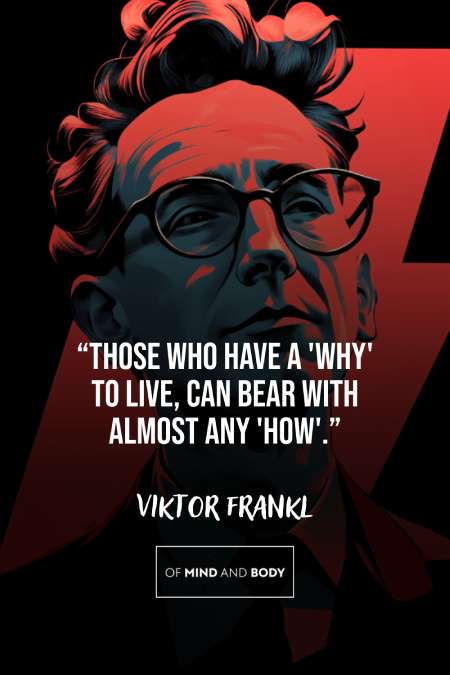
Logotherapy Examples and Case Studies
Throughout his career, Frankl applied Logotherapy to a wide range of situations, from helping individuals struggling with depression to guiding people coping with trauma. One of the most well-known examples is Frankl’s own experience in concentration camps, where he managed to find meaning by imagining himself lecturing on the psychology of camp life after the war. This visualisation helped him endure the daily suffering and maintain hope.
Logotherapy Exercises and Applications
Logotherapy isn’t just confined to formal therapy sessions; it’s a practical philosophy that individuals can adopt in their everyday lives. By consciously seeking out purpose and meaning in small, intentional ways, people can cultivate a mindset of resilience and fulfillment. Here are some practical exercises and applications of Logotherapy that can be incorporated into daily routines:
Journaling for Meaning
One of the simplest ways to practice Logotherapy in daily life is through reflective journaling. Take time at the end of each day to write about moments that stood out, whether they brought joy, challenge, or even frustration. The goal is to reflect on how these moments connected with your sense of purpose or fulfillment. Ask yourself questions like, “What did I do today that felt meaningful?” or “How did I grow from today’s experiences?” Over time, this practice can help clarify what truly matters to you and how you can align your actions with your values.
Visualisation for Overcoming Challenges
Visualisation is a powerful tool in Logotherapy, allowing individuals to mentally rehearse how they might turn personal challenges into opportunities for growth. When faced with a difficult situation, take a moment to visualise yourself confronting the issue head-on and emerging stronger. Picture the specific actions you’ll take and how you will feel after overcoming the challenge. This practice helps shift the focus from the problem itself to the possibility of growth, fostering a sense of control and optimism about the future.
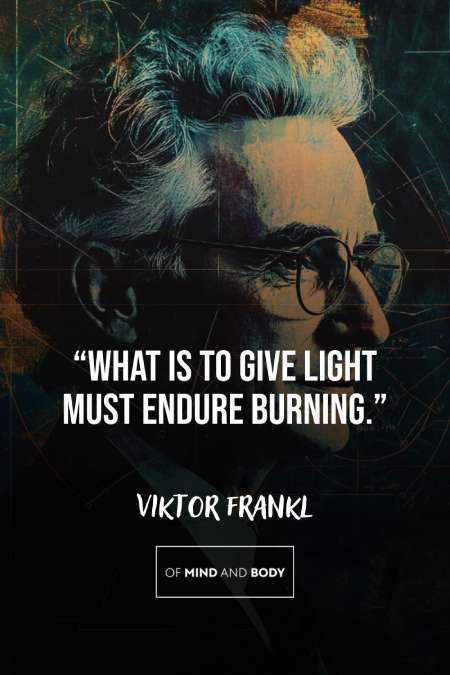
Purposeful Actions
A key principle of Logotherapy is that meaning can be found in everyday activities, no matter how small. Engaging in purposeful actions—activities that align with your values—can enhance your sense of fulfillment. Whether it’s volunteering at a local charity, creating art that resonates with your emotions, or mentoring someone in need of guidance, these actions help you contribute to something larger than yourself. Purposeful actions are especially powerful because they transform abstract values into concrete behaviours, reinforcing your connection to a life filled with meaning.
Socratic Dialogue with Yourself
A technique inspired by the philosopher Socrates, this method involves asking yourself thought-provoking questions to explore your beliefs, values, and goals. Regularly engage in an inner dialogue, asking questions like “What do I want my legacy to be?” or “How can I turn this setback into a learning opportunity?” This reflective practice can help bring greater clarity to your purpose and inspire you to take meaningful actions.
Gratitude as a Source of Meaning
Practicing gratitude is another simple but effective way to find meaning in everyday life. Take a few moments each day to focus on the things you’re grateful for—whether it’s relationships, opportunities, or even small acts of kindness. Recognising the positive aspects of life helps foster a mindset of abundance and connection, reinforcing the idea that even ordinary experiences can contribute to a meaningful life.
These exercises are tools for cultivating the mindset that Logotherapy promotes—one that sees meaning not as something distant and abstract, but as something we create and engage with daily. By actively reflecting, visualising, and taking purposeful actions, individuals can live more meaningfully and find greater fulfillment in both small moments and significant challenges.
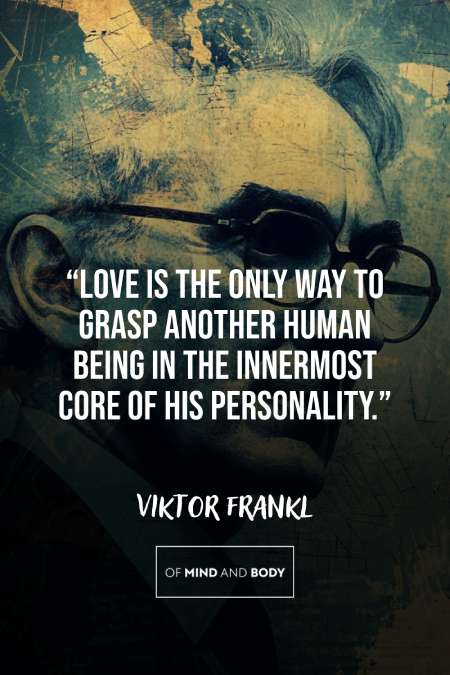
Criticisms and Limitations of Logotherapy
While Logotherapy has been praised for its positive, forward-looking approach, it has also faced criticism. Some argue that it can oversimplify complex psychological issues, suggesting that finding meaning is a cure-all solution. Critics also point out that the focus on personal responsibility might not fully account for the systemic and societal factors affecting mental health. Despite these criticisms, Logotherapy remains a respected and widely used approach, particularly in existential therapy.
Viktor Frankl’s Contributions to Existential Therapy
Viktor Frankl is regarded as one of the key figures in the field of existential therapy, a therapeutic approach that emphasises personal responsibility, freedom of choice, and the search for meaning. While existential therapy as a whole explores the human condition, including themes of anxiety, mortality, and isolation, Frankl’s unique contribution was his emphasis on the pursuit of purpose as a central aspect of mental well-being.
Frankl’s approach differed from other existentialists, like Jean-Paul Sartre or Martin Heidegger, who often viewed life’s meaning as something individuals create themselves. Frankl argued that meaning exists inherently, and it is up to individuals to discover it, rather than invent it. This subtle but crucial distinction is what sets Logotherapy apart within the existential tradition.
Frankl’s methods continue to influence modern existential therapists who aim to help clients find purpose, especially in situations where traditional therapeutic approaches might fall short. His work is often applied to those dealing with grief, existential crises, or significant life transitions, where finding a deeper meaning can facilitate healing and personal growth.
Viktor Frankl’s Books
Viktor Frankl’s writings have been instrumental in spreading his ideas around the world. His most famous book, “Man’s Search for Meaning,” has sold millions of copies and been translated into dozens of languages. It is considered one of the most influential books of the 20th century, blending Frankl’s personal narrative of surviving the Holocaust with his philosophical insights on the pursuit of purpose.
“Man’s Search for Meaning” and Other Key Works
“Man’s Search for Meaning” is divided into two parts. The first part is a harrowing account of Frankl’s experiences in concentration camps, where he shares stories of suffering, loss, and the strength of the human spirit. The second part outlines the principles of Logotherapy, providing a framework for how individuals can find meaning in their lives, even amidst hardship.
Other notable works by Frankl include:
- “The Will to Meaning”: A more in-depth exploration of Logotherapy, offering practical insights into how people can apply its principles in their lives.
- “The Unheard Cry for Meaning”: A collection of essays that address the spiritual and philosophical dimensions of life, highlighting the universal quest for purpose.
- “Man’s Search for Ultimate Meaning”: A deeper philosophical text that delves into existential questions about life, spirituality, and the meaning of existence.
Each of these books expands on the core ideas of Logotherapy, offering different perspectives and applications of Frankl’s philosophy. They continue to be used by therapists, educators, and anyone interested in exploring the depths of human resilience and purpose.
Frequently Asked Questions (FAQs)
What is Viktor Frankl known for?
Viktor Frankl is best known for developing Logotherapy, a form of existential analysis that emphasises the importance of finding meaning in life, especially during times of suffering. He is also renowned for his book “Man’s Search for Meaning,” where he shares his experiences as a Holocaust survivor and his insights on the human quest for purpose.
What is Viktor Frankl’s theory?
Frankl’s theory, known as Logotherapy, is based on the idea that the primary motivation in life is the search for meaning. Unlike other therapeutic approaches that focus on past traumas or subconscious drives, Logotherapy is future-oriented, encouraging individuals to find purpose and direction, even in difficult circumstances.
What is the philosophy of Viktor Frankl?
Frankl’s philosophy centres on the belief that life has inherent meaning, and it is up to each individual to discover it. He argued that meaning can be found in various aspects of life, including work, love, and even suffering. His ideas are rooted in existential thought, but with a more optimistic view that emphasises resilience and hope.
What happened to Viktor Frankl in the concentration camp?
Viktor Frankl was imprisoned in several Nazi concentration camps, including Auschwitz, during World War II. He lost his parents, brother, and his first wife during this period. Despite the immense suffering, he managed to find meaning by observing the resilience of others and holding onto the hope of one day sharing his experiences and insights with the world. His time in the camps played a critical role in shaping his views on the human capacity to find meaning even in the face of suffering.
What is Logotherapy in simple words?
In simple terms, Logotherapy is a type of therapy that helps people find purpose in life. It is based on the idea that having a sense of meaning can give people the strength to endure hardships. Rather than dwelling on past problems, Logotherapy encourages individuals to look forward and seek out what makes their life valuable and fulfilling.




